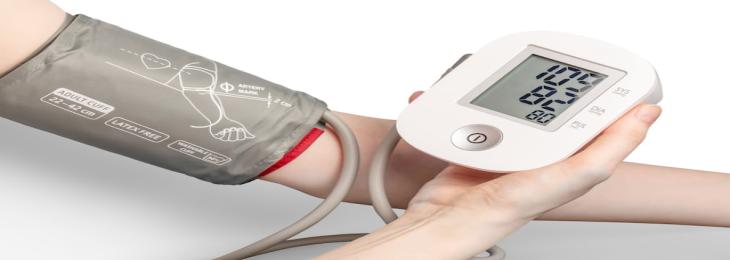The Pandemic's Effect On Their Blood Pressure May Have Been Worse
Nov, 2022 - By SMI

Share
The NIH stated in a news release that "despite these increases being minor, studies suggest that only a 2 mmHg increase in blood pressure can enhance the risk of severe cardiovascular events by as much as 5%."
According to research author Dr. Hiroshi Gotanda, an assistant professor in the division of general internal medicine at Cedars-Sinai Medical Center, the total increase in numbers was "lower than predicted."
Gotanda speculates that the growth of telemedicine during the epidemic may have been beneficial. According to another research, telemedicine can effectively treat high blood pressure in place of an in-person doctor visit.
People with high blood pressure are advised to check their readings at home because they don't always result in symptoms. They could be extra careful to keep track so they have data to submit if they have a doctor's appointment. Additionally, if a patient's blood pressure is frequently high, doctors may adjust their medication during a visit.
The study discovered that people weren't measuring their blood pressure at home as frequently as they had done in the first three months of the epidemic. As much as 90% less measurements were taken than before the outbreak. Even at the conclusion of the research period, the measures were remained below pre-pandemic values despite an increase in the frequency of inspections over time.
The research had significant drawbacks, one of which was that it only included those with access to medical care. Perhaps the outcome was different for those without access to healthcare or insurance.
According to Gotanda, it's difficult to determine why a person's blood pressure increased because the research makes no suggestions as to why it did. But it could include normal adjustments brought on by the epidemic.
Share
Stratagem Market Insights
533 Airport Boulevard, Suite 400, Burlingame, CA 94010, United States
Delivery Center
403, 4th Floor, Bremen Business Center
Aundh, Pune, Maharashtra 411007
India
